BLOG – Retrofitting Homes to be More Resilient for Extreme Weather Events
By Phil Treaton, Strategic Lead for Fuel Poverty, Retrofit & Homes at Groundwork Greater Manchester
Page contents
- A Climate Turning Point
- What Does a Resilient Home Look Like?
- Retrofitting your home for Heat and Cold
- Who Is Most Vulnerable, and How Do We Support Them?
- Moving From Climate Risk to Resilient Streets
A Climate Turning Point
On 14 July 2025, the Met Office released its annual climate stocktake, which confirmed that extremes of heat and rainfall in the UK are ‘becoming the norm’. It showed average UK temperatures have been rising around 0.25 °C per decade since the 1980s, with both record heat and floods increasing markedly. It has now reached a point where the government is issuing guidance to schools to help protect our children from the effects of rising temperatures in daily life.
In Greater Manchester, these shifts are already unmistakable. The 2025 New Year’s Day floods saw the River Tame and River Mersey reach record highs, evacuating nearly 1,000 people and triggering a major emergency.
Meanwhile, working alongside Rochdale Council, we’ve been supporting residents and communities from the after effects of the recent extremes including the devastating Boxing Day floods that submerged parts of Rochdale under flood waters.
However, its not all about increased intense rainfall.
The extreme heat that we saw during July 2022 is now becoming more common, and as a result we have already seen a third heatwave in 2025. All of these extreme weather events can be linked to the effects of climate change.
Groundwork Greater Manchester is raising awareness of the risks posed by a changing climate and the need for better equipped homes.
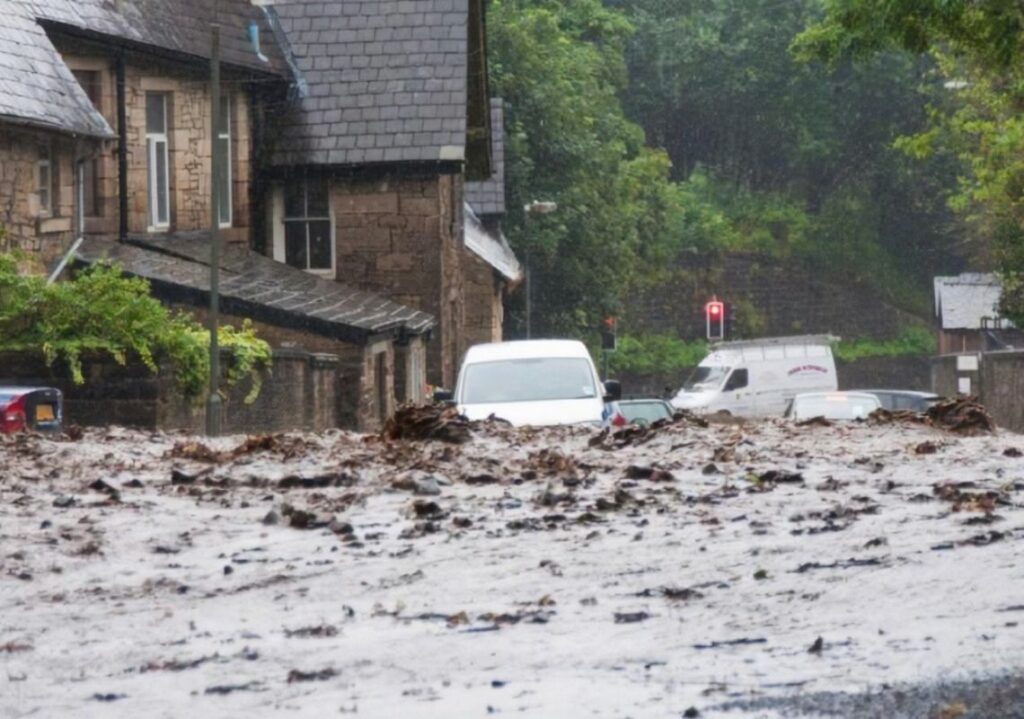
What Does a Resilient Home Look Like?
A truly resilient home addresses both cooling and waterproofing while prioritising comfort, safety, and community well‑being. The recent work being carried out by the DEFRA funded Resilient Roch project and Rochdale Council has aimed to tackle many of the these concerns. Bringing together energy efficiency partners and retrofitting homes at the same time as installing measures to protect homes during intense rainfall periods has helped to show how innovation and collaboration between industries can have a positive impact on communities at risk.
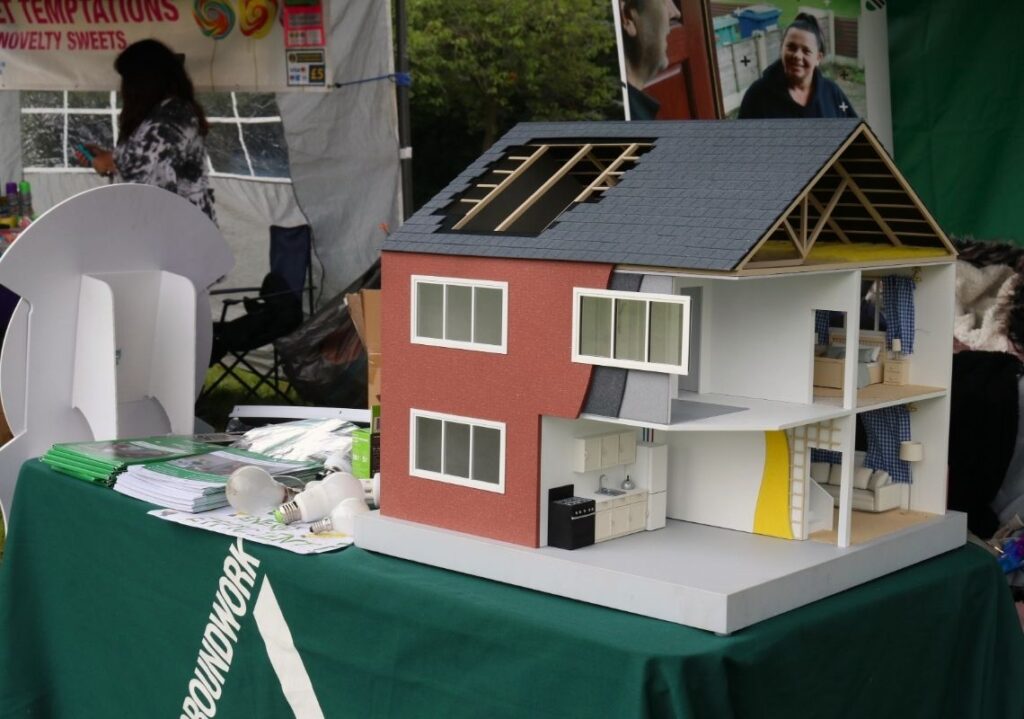
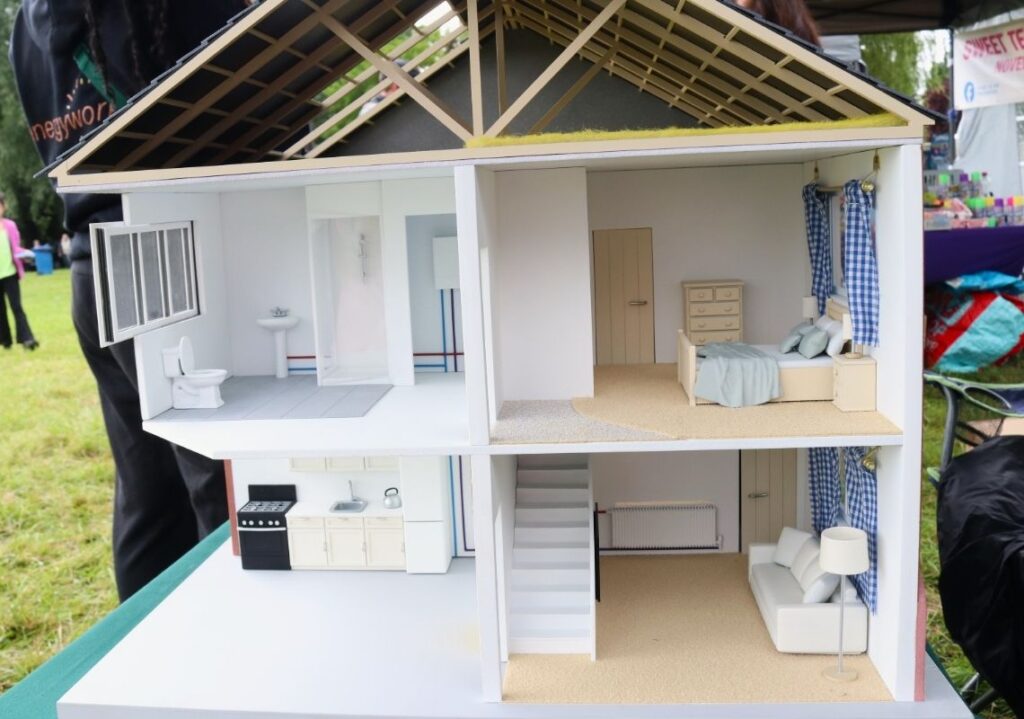
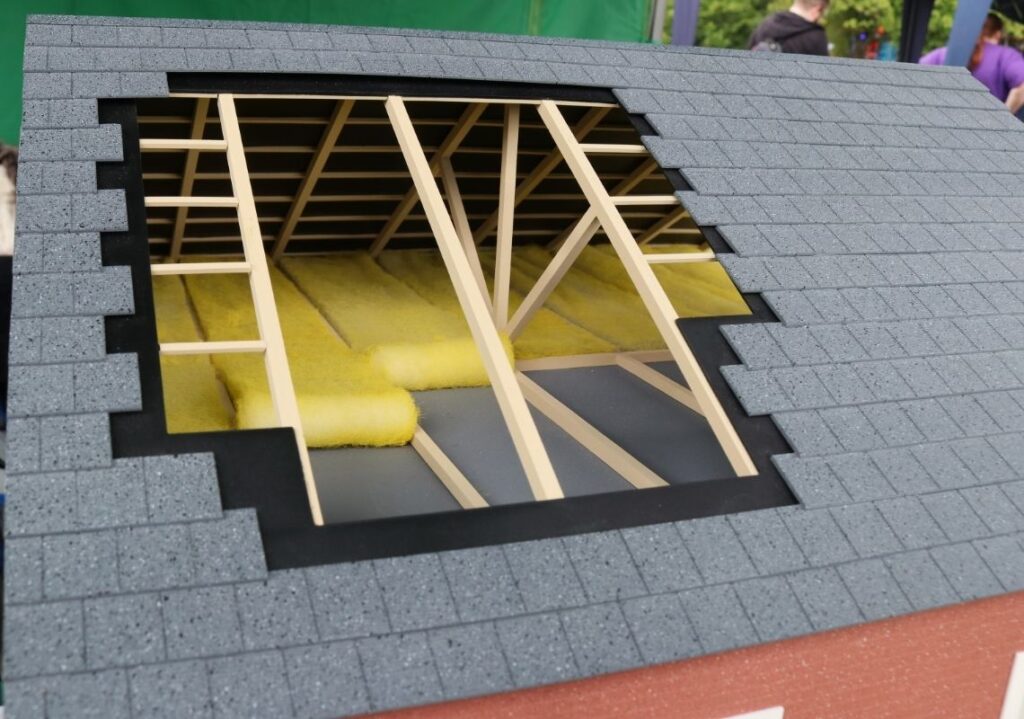
Opportunities to protect homes in extreme weather conditions include:
- Thermal regulation: passive measures like external shading, high-performance insulation, cool roofs, green roofs, and night-ventilation strategies. Improved insulation not only keeps the cold out but also the heat.
- Flood mitigation: elevating utilities, installing flood doors, one-way valves and vents, permeable garden paving, and water-resistant finishes.
- Energy independence: solar panels, battery storage, and backup systems to maintain power during heatwaves or storms.
- Green infrastructure: trees and rain gardens to absorb rainfall and reduce urban heat islands (which also has the added benefit to local biodiversity!)
- Smart tech & monitoring: sensors for temperature, humidity, and water ingress, paired with automated controls to reduce risk.
Retrofitting Homes for Heat and Cold
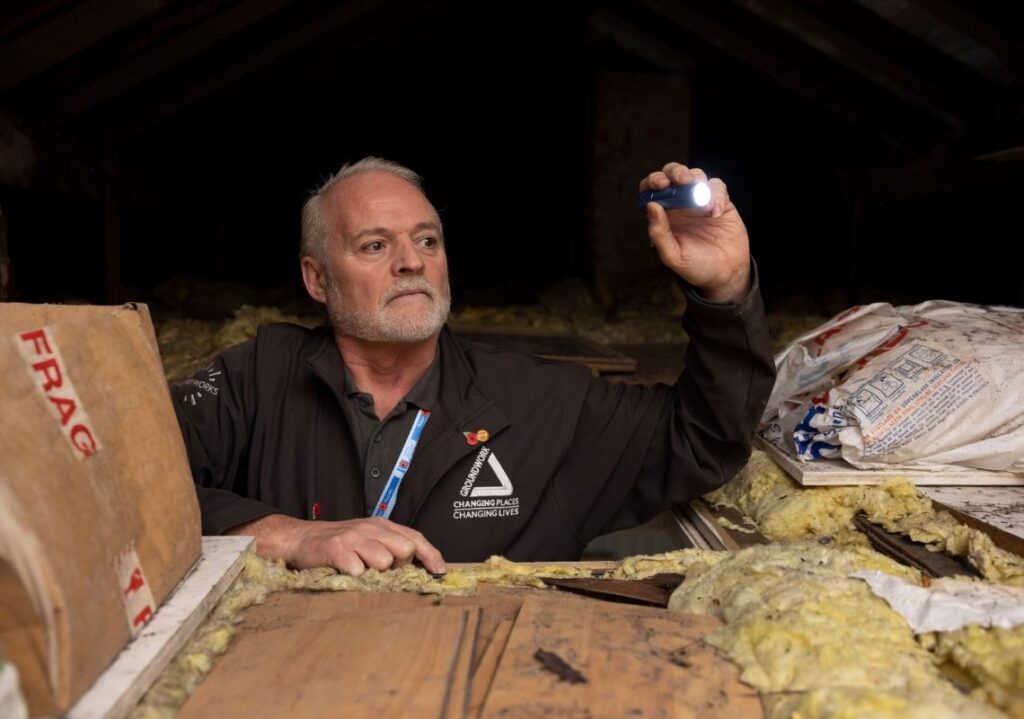
Ways to improve heat resilience
- Install external shading (awnings, blinds, pergolas) and low‑e glazing to reduce solar gain.
- Enhance loft and wall insulation and consider reflective ‘cool roofs and surfaces’.
- Utilise thermal mass via exposed brick or stone to dampen temperature swings.
- Add night‑purge ventilation or energy‑efficient ceiling fans.
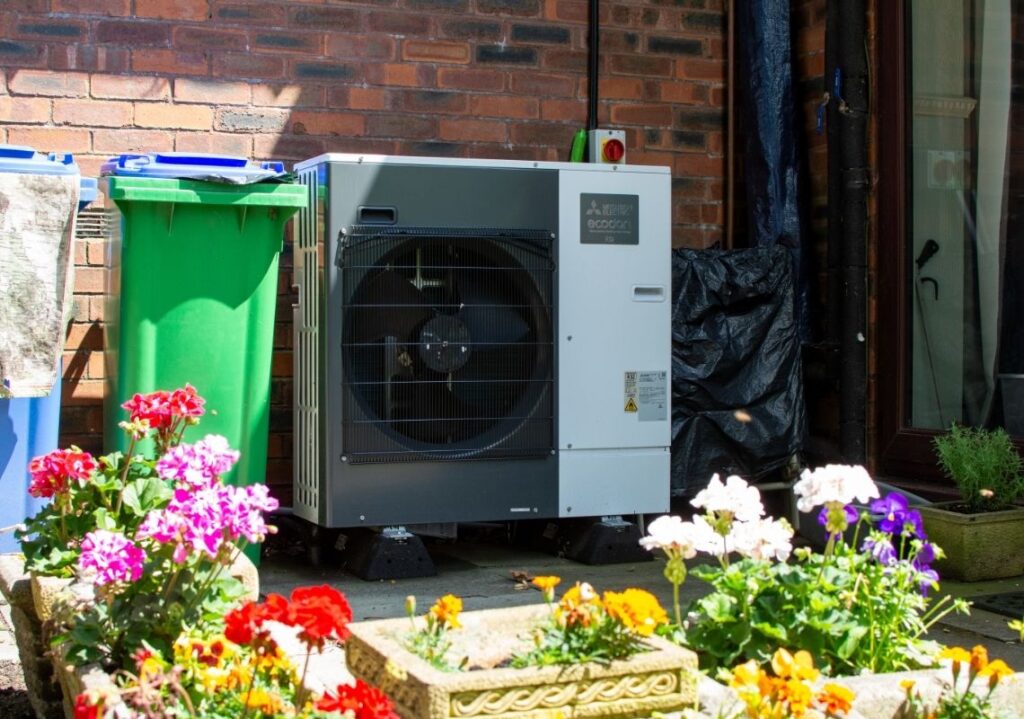
Ways to improve cold resilience
- Use high-grade loft, cavity-wall, and floor insulation, plus draft-proofing.
- Ensure windows are double or triple-glazed, and seal all gaps.
- Upgrade to efficient boilers or heat pumps, paired with smart thermostats.
Who Is Most Vulnerable, and How Do We Support Them?
Alarmingly, the UK Green Building Council recently produced the Climate Resilience Roadmap which suggested Manchester is the third most at risk city in the UK for the damaging effects of climate change.
Populations at greatest risk include:
- The elderly, especially those in care homes lacking overheating safeguards
- Families on low incomes living in draughty, inefficient homes.
- Those with health conditions, such as cardiovascular or respiratory issues.
Protection strategies to alleviate the impacts may include:
- Retrofitting homes with insulation, efficient heating and cooling systems.
- Providing cooling kits, portable fans and blackout curtains for at-risk individuals during heatwaves.
- Offer emergency shelters during heat/flood emergencies and on-site checks for severe weather preparedness.
Groundwork Greater Manchester is taking action to raise awareness of the risks posed by a changing climate and the impact it may have on our communities. To do so, we are holding a series of roadshows across neighbourhoods with workshops and advice stalls. We’ll be linking in with libraries, community centres all year round and public parks during the summer months.
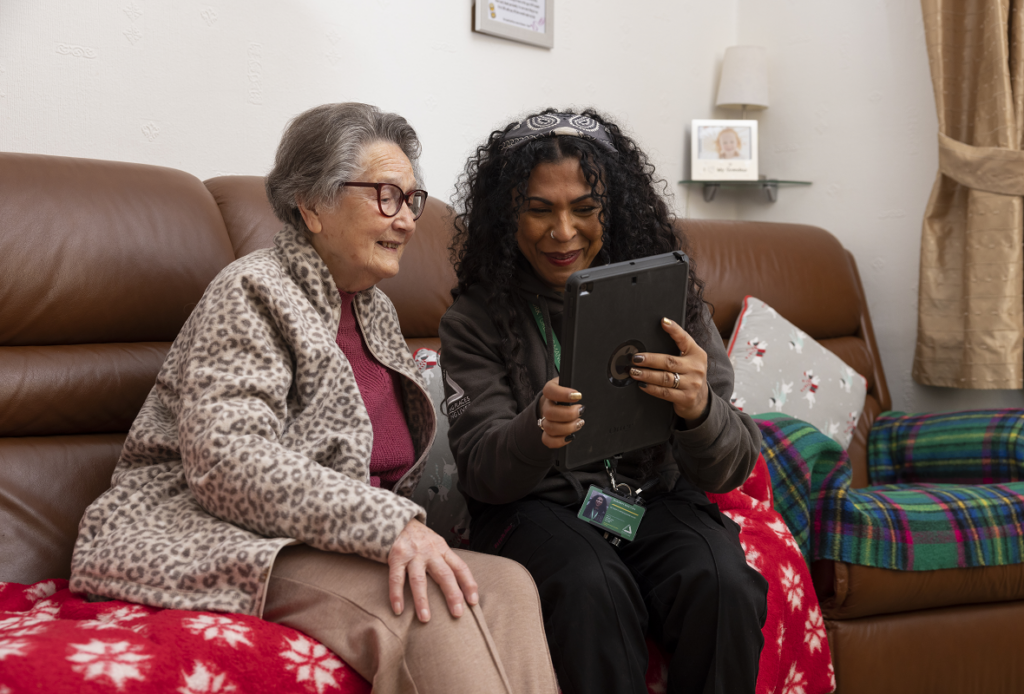
Our teams of energy and retrofit advisors are community-based, offering help and support around retrofitting homes. The aims of the advisors are to promote confidence in the retrofit sector by targeting hard to reach groups who often live in the poorest performing homes. The advice is often around potential funding schemes, measuring specific advice or even as simple as explaining what retrofit is to people.
Explaining the retrofit journey can often help people to fully understand the benefits of domestic retrofit, and in turn ensuring people live in warm, comfortable & well-ventilated homes. Creating better living conditions and reducing carbon emissions.
Although important in creating resilience, Groundwork don’t just look at the fabric of the building. Many of Greater Manchester’s homes can collectively increase resilience to extreme weather events too. From increasing levels of planting which support urban cooling, to green roofs and sustainable draining systems that help retain rainwater for longer. These features can all help to mitigate the effects of climate change.
Moving From Climate Risk to Resilient Streets
Greater Manchester is already facing intensified heatwaves, flooding, and wildfires. Retrofitting our housing, flood-proofing and community engagement is vital. By combining immediate awareness roadshows with funded home upgrades, communities can transform vulnerable homes into climate-resilient havens.
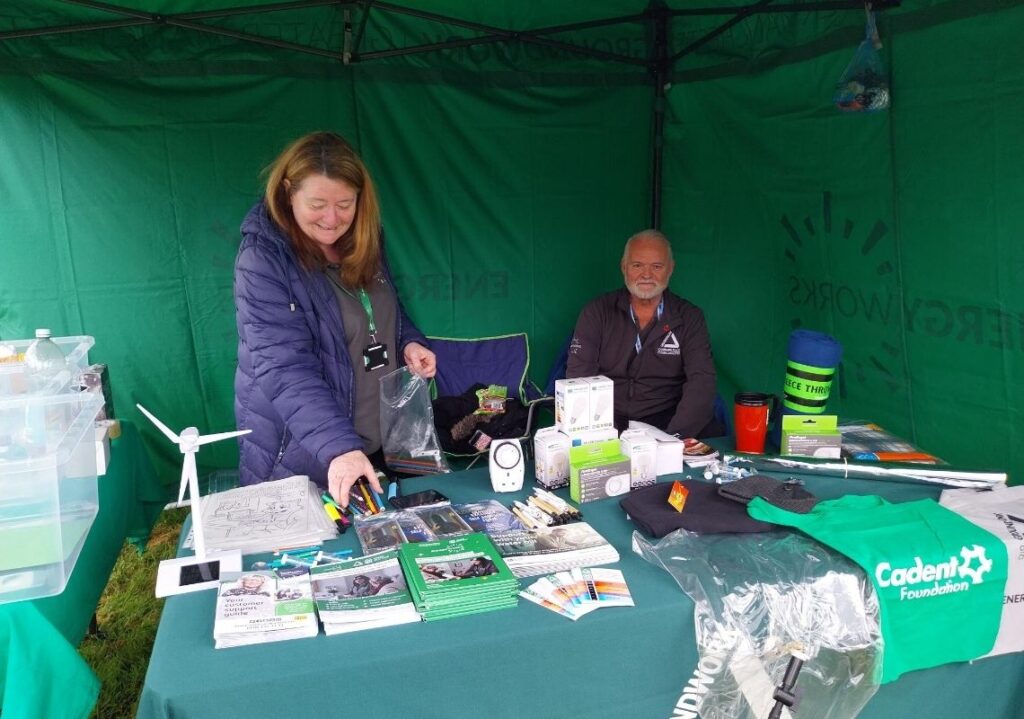
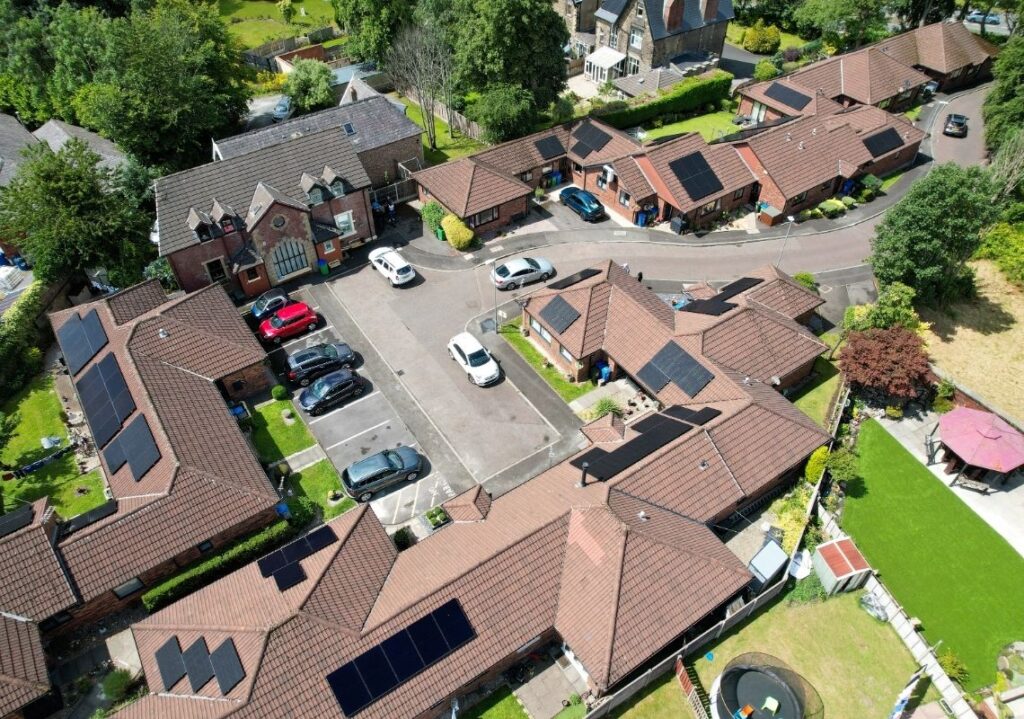
Crucially, prioritising vulnerable households and building strong local partnerships ensures this transformation supports both social equity and climate resilience, turning today’s climate challenge into an opportunity for safer, healthier living.

Phil Treaton
Strategic Lead – Fuel Poverty, Retrofit & Homes
